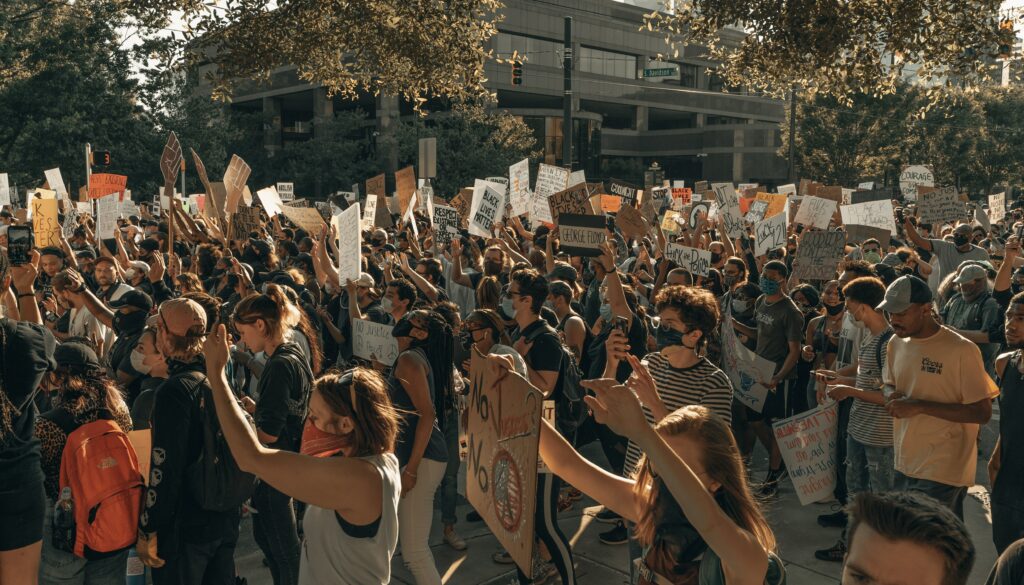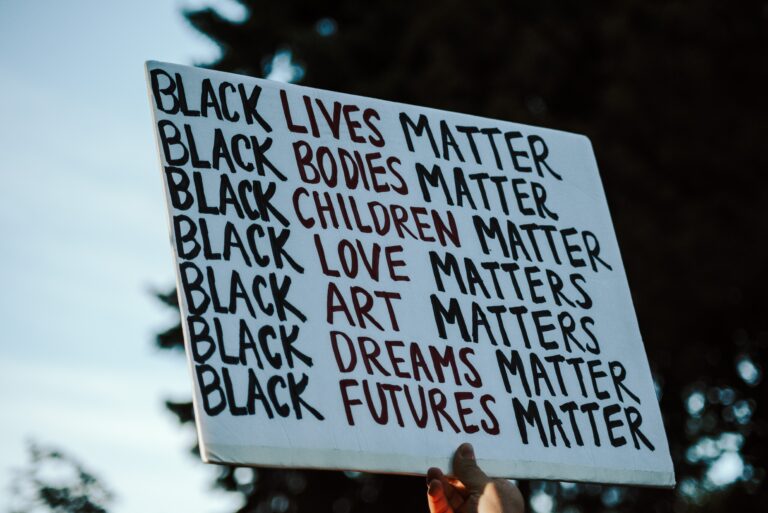
In response to the lack of restrictions on hate comments on Facebook, numerous companies have now decided to stop their advertising activities on the platform for the time being. Under the hashtag #Stophateforprofit, companies and users speak out against discriminatory statements and hate comments.
Subject of the boycott
Since its beginnings, Facebook has repeatedly been criticized for its data protection regulations. Now, however, accusations are mounting that Facebook has a controversial way of dealing with hate comments and misinformation on the platform. The discussion about racism on social media has come to a head following the death of U.S. citizen George Floyd and has been further fueled by the U.S. president.
Since then, human rights activists have been working to raise awareness for the people who face discrimination and racism in their daily lives. The companies are therefore calling on the Group to take a clear stance against racist and inflammatory content and ban it from the platform.

Volkswagen takes a stand
Volkswagen now also called on the platform to refrain from spreading dangerous misinformation and to apply clear consequences. In this way, VW is reacting, among other things, against the emerging criticism due to a critical advertising video that the company recently published. As a result, VW and its brands are suspending their centrally controlled ads for now.
The automotive group has already emphasized on several occasions in the past that open and equal cooperation is a key priority. Incidents that caused criticism in the past were discussed and dealt with internally, according to the company. Currently, VW is also in an exchange with the Internet giant Facebook to talk about the “Anti-Defamation League”. The organization has been addressing discrimination and defamation since 1913 and is also considered the initiator of the #Stophateforprofit call.

Facebook responds to the demands
Already after a short time, 135 international companies have clearly spoken out against racism and discrimination and under this regard, stopped their advertisements on the platform. In order not to offer a so-called “hate speech” a platform for exchange, they resorted to this radical step.
Some companies are extending the boycott even further and are now also pausing their ads on Facebook’s subsidiary Instagram. However, it should also be noted that such a boycott is not a first for Facebook. In the Cambridge Analytica case, many companies spoke out against Facebook’s privacy policies back in 2018 and suspended their advertising campaigns.
Facebook has since responded to the demands and has now deleted 320 accounts and more than 100 groups of the American far-right “Boogaloo” network. Another 400 groups were also deleted and the guidelines were further tightened.
Whether this is the reaction that companies now expect from the Internet giant? It remains to be seen what damage Facebook will suffer in the long run and what policies can be implemented in the future.
Author: Amelie Böntert
